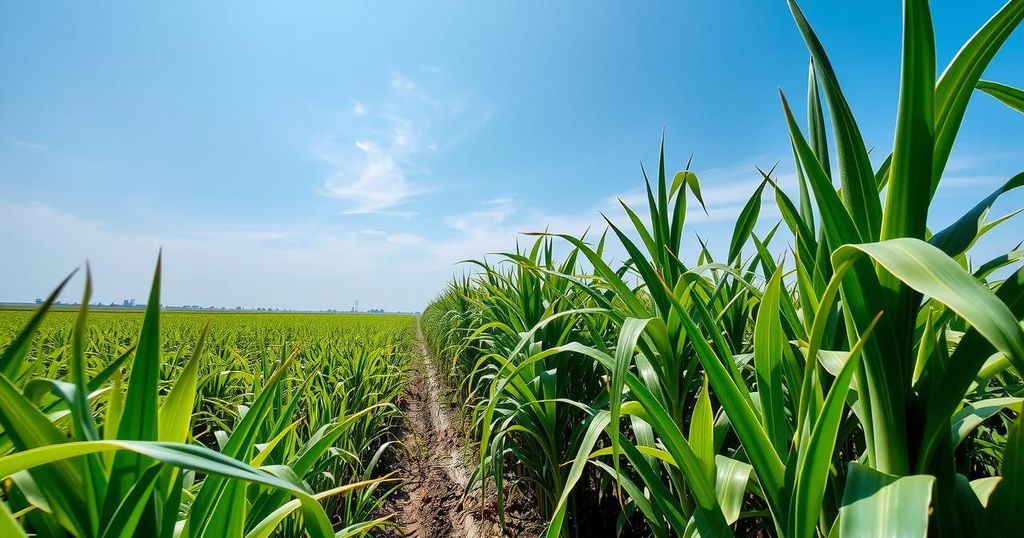Amended Philippines Policy Could Enhance Ethanol Capacity and Renewable Initiatives
The article discusses Growth Energy’s call for reconsideration of trade regulations, a symposium by the U.S. Grains Council on biofuels, a reduction in RIN generation reported by the U.S. EPA, and Brazil’s advancement to an E30 fuel blend. These elements reflect a global shift towards sustainable fuel initiatives.
On March 24, Growth Energy submitted feedback to the U.S. Trade Representative, advocating for a reassessment or elimination of newly proposed regulations targeting China’s influence in global shipping. This move aims to protect U.S. interests while maintaining a competitive environment in international trade.
The U.S. Grains Council hosted a clean cooking symposium in Nairobi, Kenya, on March 21, bringing together local industry leaders and policymakers. The symposium focused on the myriad environmental and health benefits associated with utilizing biofuels for cooking.
Data released by the U.S. EPA on March 20 revealed that approximately 1.52 billion Renewable Identification Numbers (RINs) were generated under the Renewable Fuel Standard (RFS) in February, marking a reduction of over 25% compared to the 2.04 billion generated during the same month in the previous year. This illustrates a significant shift in renewable fuel production trends.
Additionally, the U.S. EPA updated its Small Refinery Exemption (SRE) data on March 20, indicating that four new SRE petitions were filed in the past month. Currently, there are a total of 156 SRE petitions pending before the agency, highlighting ongoing concerns regarding compliance and exemptions within the RFS framework.
In Brazil, the Ministry of Mines and Energy announced on March 17 that tests by the Mauá Institute of Technology confirmed the technical feasibility of implementing an E30 fuel blend, an increase from the existing E27 blend. This advancement may enhance the country’s renewable fuel capacity and sustainability efforts.
The recent developments in biofuels and renewable energy policies highlight significant changes both in the United States and Brazil. Growth Energy’s advocacy for revised trade regulations, the U.S. Grains Council’s efforts in promoting biofuels in cooking, and Brazil’s progression toward higher ethanol blends demonstrate a global pivot towards sustainable energy solutions. The ongoing dialogue surrounding SRE petitions further emphasizes the complexities of maintaining renewable energy standards in the face of industry challenges.
Original Source: www.ethanolproducer.com




Post Comment